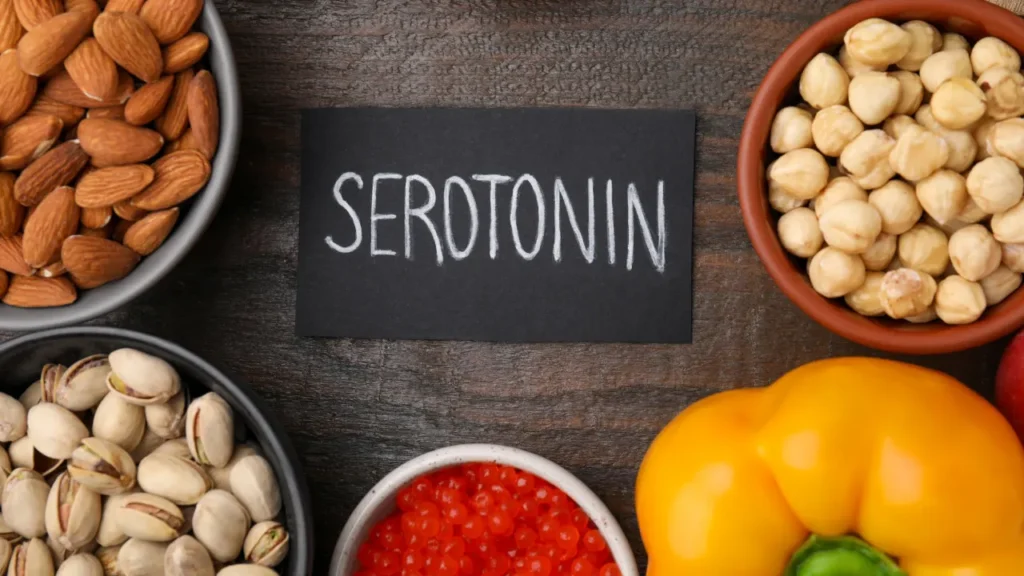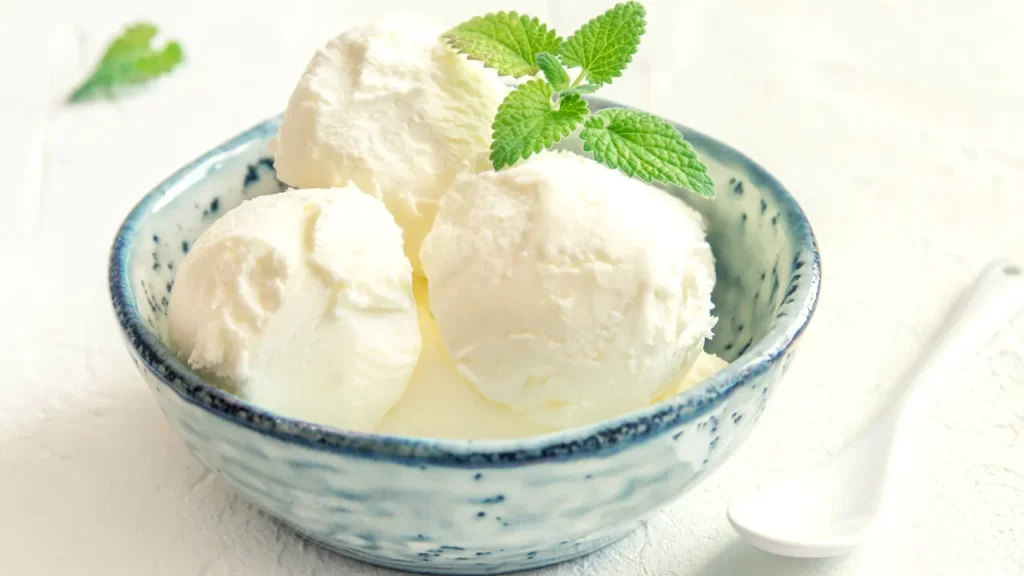Vanilla is a substance that is obtained from orchids of the genus Vanilla, particularly the Mexican species flat-leaved Vanilla (V. planifolia). It is a substance that has long captivated both the culinary and scientific communities due to its fragrant richness and potential health advantages. This article dives into the chemistry of Vanilla, its health benefits, optimal dosages, adverse effects, potential substance interactions, and how to take this nootropic supplement responsibly to improve alertness, focus, and cognition.
You May Also Like:
Keep Your Brain Young With the 5 Most Powerful Nootropic Supplements
ONNIT Supplements Antarctic Krill Oil Reviewed: A Leading Memory Support Supplement
Vanilla: Benefits, Dosage, Side Effects, Drug Interactions, and Other Important Information is an original (NootropicsPlanet) article.
The Nature of Vanilla
Vanilla’s main chemical constituent is vanillin (4-hydroxy-3-methoxybenzaldehyde), which is responsible for its distinct scent and flavor. However, Vanilla contains approximately 200 other chemicals that contribute to its overall aroma and flavor profile. Eugenol, p-hydroxybenzaldehyde, acetovanillone, and vanillic acid are some of those chemicals. Curing Vanilla pods is crucial to producing their rich flavor profile because the enzymatic action during curing converts glucovanillin (a glycoside found in raw pods) into vanillin.
Health Benefits of Vanilla
Vanilla has numerous health advantages, including antioxidant, anti-inflammatory, and neuroprotective properties. Vanillin’s antioxidant qualities, for example, have been found to help reduce free radical-induced cell damage, lowering the risk of chronic diseases including cardiovascular disease and cancer. Vanillin has also been shown to have anti-inflammatory properties, which may help treat illnesses such as arthritis and asthma.
In terms of cognitive performance, Vanilla has a relaxing impact, lowering anxiety and tension. This calming impact may indirectly improve alertness and focus by reducing stress-induced cognitive impairment.

Chemistry of Vanilla
Vanilla beans contain nearly 200 chemicals. The complex interplay of these chemicals is responsible for Vanilla’s rich and distinct flavor profile. Vanillin is synthesized in the Vanilla plant by converting the amino acid phenylalanine to cinnamic acid via the enzyme phenylalanine ammonia-lyase (PAL). Cinnamic acid is then converted into p-coumaric acid, which undergoes a number of enzymatic processes to yield vanillin.
Physiological Mechanism of Action
The nootropic benefits of Vanilla, particularly those linked to vanillin, are mediated by antioxidant and anti-inflammatory properties. Vanillin alters circuits related to cognition and mental health. For example, it can influence the activity of neurotransmitters like serotonin and dopamine, which are important in mood, alertness, and cognitive functioning. Furthermore, its antioxidant qualities may protect neuronal cells against oxidative stress, thereby increasing brain function and lowering the risk of cognitive decline.
Furthermore, vanillin has been shown in vitro to suppress the aggregation of amyloid-beta peptides, indicating a potential mechanism by which it could exert neuroprotective benefits and slow the progression of Alzheimer’s disease. However, the particular routes through which Vanilla or vanillin exerts its nootropic benefits in humans remain unclear, necessitating further in-depth studies.

Optimal Dosage
Determining the ideal dose of Vanilla (or vanillin) for cognitive enhancement is difficult because most studies concentrate on its flavoring features rather than its nootropic effects. Most people can safely consume moderate amounts of Vanilla-flavored foods or Vanilla extract in beverages. When utilizing Vanilla extract supplements, it is best to follow the manufacturer’s recommendations because concentrations can vary.
Side Effects
Vanilla is generally considered safe to consume, with adverse effects being rare and typically related to excessive usage. In excessive doses, vanillin can cause headaches, sleeplessness, and allergic responses in certain people. As with any supplement, begin with a low dose and monitor your body’s response.

Potential Substance Interactions
Vanilla is generally safe for most individuals, although it may interact with some drugs or other supplements. For example, vanillin’s antioxidant qualities may interfere with the action of certain chemotherapy drugs. Before adding Vanilla supplements to your regimen, consult with your healthcare professional, especially if you are taking any medications.
Best Responsible Use
To use Vanilla for cognitive development properly, incorporate it into your diet in moderation. Vanilla can be added to coffee, smoothies, or baked products to improve flavor while perhaps providing soothing and neuroprotective properties. Those of you who are contemplating Vanilla extract supplements should choose goods from trustworthy producers and follow the suggested dosages to avoid potential negative effects.
Vanilla:
Conclusion
There have been and are many people who have enjoyed Vanilla in a variety of situations. Vanilla is a very popular flavor of ice cream. It is also a trendy choice for scented candles. Vanilla has been and is also studied for its medicinal properties and health benefits. The article has provided some information and resources about how Vanilla can do things like reduce stress, improve mood, boost cognition, and more. While it is safe for regular consumption, please be aware that excess consumption is possible and comes with uncomfortable effects. Have a conversation with your healthcare provider, locate reputable sources for supplements, and then enjoy.

References:
- “Natural Phytochemicals as Novel Therapeutic Strategies to Prevent and Treat Parkinson’s Disease.” Retrieved from: https://www.ncbi.nlm.nih.gov/pmc/articles/PMC8169248/
- “Natural deep eutectic solvents-based green extraction of vanillin: optimization, purification, and bioactivity assessment.” Retrieved from: https://www.ncbi.nlm.nih.gov/pmc/articles/PMC10875998/
Important Note: The information contained in this article is for general informational purposes only, and should not be construed as health or medical advice, nor is it intended to diagnose, prevent, treat, or cure any disease or health condition. Before embarking on any diet, fitness regimen, or program of nutritional supplementation, it is advisable to consult your healthcare professional in order to determine its safety and probable efficacy in terms of your individual state of health.
Regarding Nutritional Supplements Or Other Non-Prescription Health Products: If any nutritional supplements or other non-prescription health products are mentioned in the foregoing article, any claims or statements made about them have not been evaluated by the U.S. Food and Drug Administration, and such nutritional supplements or other health products are not intended to diagnose, treat, cure, or prevent any disease.


